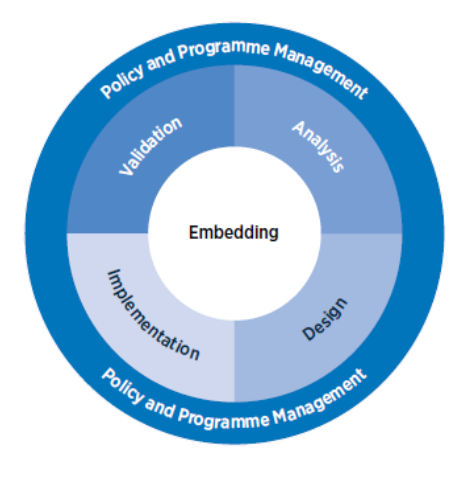A merger is on the cards for a small Somerset college that faces a threat to its sustainability following a case of dodgy subcontracting.
The FE Commissioner published an intervention report today for Strode College after a government audit found young adults on security and rail traineeships were made to work illegal hours by the college’s delivery partners.
A “significant” but undisclosed clawback is now being demanded by the Education and Skills Funding Agency, which has deteriorated the college’s financial health to ‘inadequate’. The college hasn’t published accounts for the past two years, but it serves around 4,000 learners and had an income of less than £17 million in 2021.
The college, which has launched legal action against the subcontractors involved, cannot repay the traineeship clawback in the short to medium term.
The FE Commissioner’s report said the “sustainability of the college, given its current size and the liabilities it faces, is of concern and points to the need to consider the various strategic options available to it”.
Strode College is now embarking on a structure and prospects appraisal (SPA) that will “consider the various strategic options open to the college, to include the stand-alone option”.
‘No current solvency risk’
Principal John Revill joined the college in June 2022 and discovered the subcontracting problem on his first day. He told FE Week that “at the moment” there is “no risk to the solvency of the college”, but the long-term sustainability does need to be secured.
“The college is solvent and financially sound, our issue is around how sustainable the college’s finances are in four or five years’ time considering it is a small college.
“We have cash in the bank and there are no concerns in the short to medium term. The SPA will look at the viability of the college in the future.”
He said that while a merger will be explored, other options are on the table including a federation model, shared services and other “closer partnerships”.
Revill said the college expects to finalise the total clawback through the SPA process and hopes to be able to publish the college’s 2022 and 2023 accounts over the summer.
The FE Commissioner’s report doesn’t go into detail about the subcontracting investigation, but it did confirm the ESFA did not identify any instances of fraudulent activity.
Revill previously told FE Week the subcontracting issue, which spanned the years from 2019 to 2022, was a “technical breach” of traineeship funding rules including by exceeding the maximum allowance for work placement of 35 hours.
Traineeship learners on rail placements were also working on “unofficial” railway lines, which again breached funding rules.
In recent months Revill instructed lawyers to write to the six subcontractors involved to request the money back.
He told FE Week that one subcontractor has been “proactive” so far and while he is “hopeful” of getting some funding back, he’s not sure if it will be enough to “make a difference”.
As Strode College was the prime contract holder, the college will need to repay the government the full clawback no matter how much it is able to retrieve from subcontractors.
The FE Commissioner’s report describes how the income from Strode College’s subcontracted traineeships represented a “significant proportion” of the college’s overall income. Of the total income in 2021/22, circa 21.5 per cent was for subcontracted traineeships.
Revill has put a stop to subcontracting of ESFA-funded provision and is instead attempting to grow its own taught apprenticeships and adult courses to create sustainable income.
He is also seeking to grow income through a new subcontracting arrangement for higher education students.
The FE Commissioner’s report said the college is forecasting improvements in its financial health, but warned this is “heavily reliant on significant growth in subcontracted HE student numbers, and growth in college taught apprenticeships and adult courses”.
“Even in the absence of the traineeship clawback, the college is small, and the growth may not materialise and hence its financial health may not improve,” the report added.
New leaders and governors praised
The FE Commissioner’s report was full of praise for Revill’s “positive leadership and open approach” since coming into post, and recognises improvements in communication and staff morale.
Improvements in governance were also highlighted in the FE Commissioner report, with the board acknowledging it had previously “not provided appropriate challenge to the leadership team”.
The college has since appointed Fiona Wheeler as chair and brought in other “experienced” board members which was strengthened recently with the recruitment of a qualified accountant.
Strode College was judged ‘good’ by Ofsted in October 2022. The FE Commissioner found a positive culture at the college, with students enjoying their studies and feeling they are “listened to and well supported by their teachers”.
Revill said: “Whilst the past couple of years have been challenging for our leadership team, our priority has always been, and continues to be, ensuring the highest standards for our learners.
“We are very positive and focused on moving forward – with the aim to further improve our provision for learners, meet the needs of employers and secure our future.”
Chair Fiona Wheeler added: “Together with college leaders, we will continue to work with the FE Commissioner’s team, implementing its recommendations to ensure financial resilience and sustainability over the coming years.”

